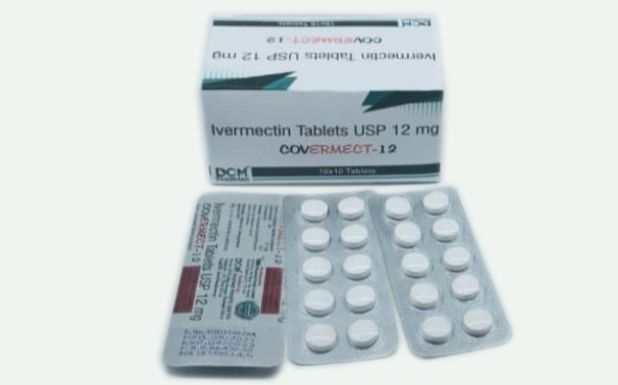Indications
● Treatment of intestinal strongyloidiasis.
● Treatment of parasites in the blood or tissue caused by Wuchereria bancrofti.
● Treatment of human scabies after prior treatment has failed
Mechanism of Action
Ivermectin belongs to a class of drugs called anti-parasitic drugs. A class of drugs is a group of medications that work in a similar way. These drugs are often used to treat similar conditions. Ivermectin oral tablet works by binding to parts inside the parasite. It eventually paralyzes and kills off the parasite, or it stops adult parasites from making larvae for a while. This treats your infection.
Pharmacokinetics
Absorption: It is absorbed orally
Protein Binding: It is 93% bound to proteins
Metabolism: It is metabolized in liver
Excretion: It is excreted via feces
Side Effects
● Dry skin
● Sore throat
● Itching, irritation, and redness on the skin
● Burning sensation on the skin
● Swelling on face
● Redness of eyes
● Muscle and joint pain
Contraindications
Allergic to Ivermectin.
Direction For Use
Take this medicine in the dose and duration as prescribed by your doctor. Swallow it as a whole. Do not chew, crush or break it. Ivermectin Tablet is to be taken empty stomach.
